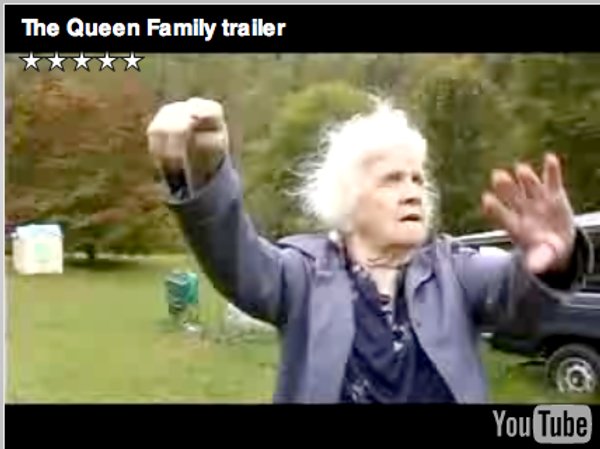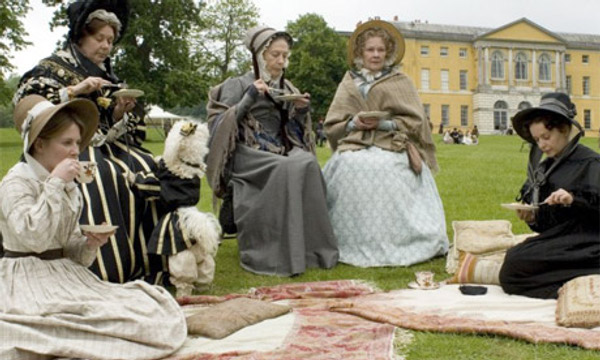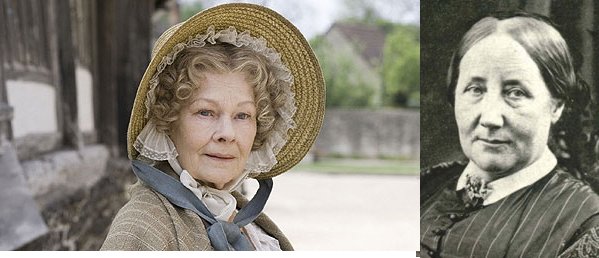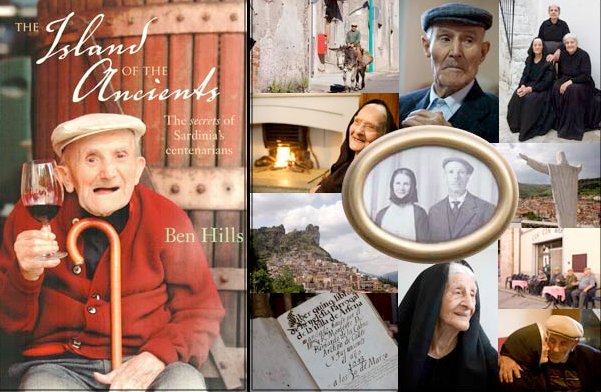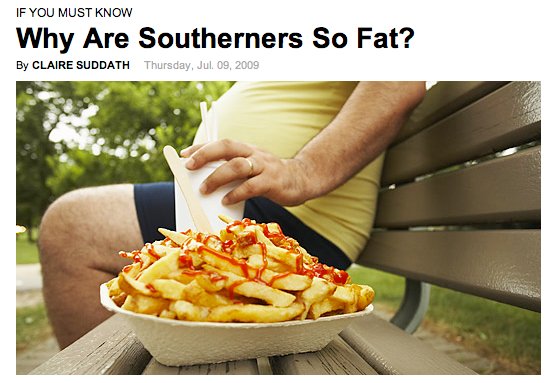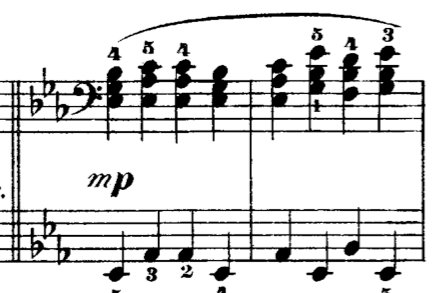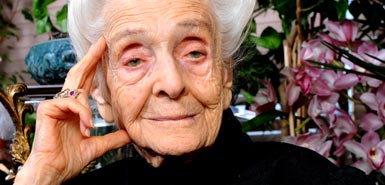My mother’s mother’s biscuit pan, now a working heirloom
It is strange that, at a time when Americans’ interest in food and culture seems to be reawakening, Gourmet magazine goes out of business. Much has been written about the end of Gourmet, but I very much agree with what many of its readers and former readers have said: Gourmet was much more than a snooty magazine. It always implicitly understood the intimate connection between food and culture.
These days, when even young top-of-the-world Internet whiz kids like Jonah Lehrer can not only write lyrically about home cooking, but also write for Gourmet magazine, it almost feels as though an era has ended when it had barely begun.
Like Jonah Lehrer, I strongly suspect that an interest in cooking often if not always has its roots in childhood. These childhood memories were not only about learning about food and cooking, they also taught us about whatever culture we were born into.
I was a child in the 1950s, living in North Carolina’s Yadkin Valley. My relatives lived mostly in the North Carolina Piedmont and foothills and up into the Blue Ridge Mountains of Virginia. In those days, relatives visited relatives, and often Sunday dinner (which was served right after church) was involved. If one stayed overnight, as sometimes happened, you got not only to sleep in an unheated bedroom under a deep pile of homemade quilts. You also got breakfast.
Whether it was breakfast or dinner, there were always biscuits. As a child, I began to realize that everybody’s made-from-scratch biscuits were very, very different. To this day, if you put a hot time-warp biscuit in front of me on a cool October morning, I believe I would be able to identify the aunt, grandmother, or older cousin who made it.
Let’s hope that the spirit of Gourmet magazine lives on in our blogs, as we learn from each other’s cooking and culture.


